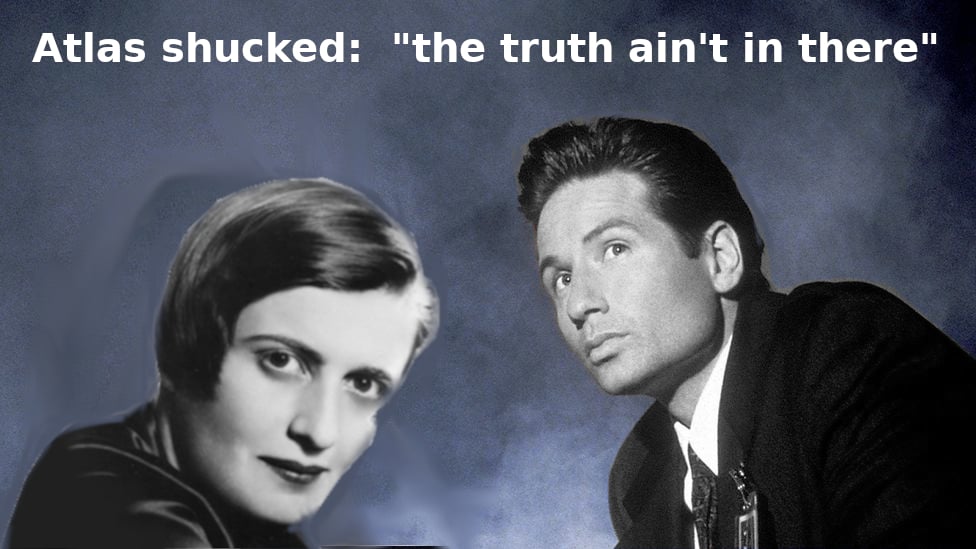Freedom is the ONLY thing that counts. I do acknowledge that Libertarians claim to want to pursue freedom.
However I believe that Libertarianism, will only replace tyrannical government with tyrannical rule by businesses.
The problem with governments no matter their political leaning is that most political ideologies lack any mechanism to deal with corruption and abuses of power. Libertarianism seeks to deal with this by removing government and instead hand the power to private companies.
Companies are usually small dictatorships or even tyrannies. Handing them the power over all of society will only benefit the owners of these companies. The rest of society will basically be reduced to the status of slaves as they have no say over the direction of the society they maintain through their 9to5s.
These companies already control governments around the world through favors, bribes or other means such as regulatory capture or even by influencing the media and thereby manipulating the public's opinion through the advertisement revenue.
Our problems would only get worse, all the ills of today's society, lack of freedom, lack of peace, lack of just basic human decency will be vastly aggravated if we hand the entirety of control to people like petur tihel and allen mosque.
Instead the way to go about this is MORE democracy not less of it. The solution is to give average citizens more influence over the fate of society rather than less. However for that to happen we all need to fight ignorance and promote the spread of education. It has to become cool again to read books (or .epub/.mobi's lol)
The best way to resolve the the corruption issue is to not allow any individual to hold power, instead having a distributed system.
More of a community-driven government. Sort of like these workers owned companies. We should not delegate away our decision-making power. We should ourselves make the decisions.
Although this post is in English it does neither concern the ASU nor KU or any other English speaking countries, in particular. It's a general post addressing a world wide phenomenon.
